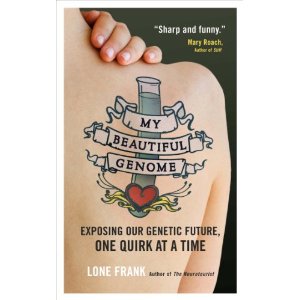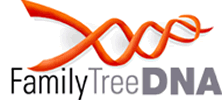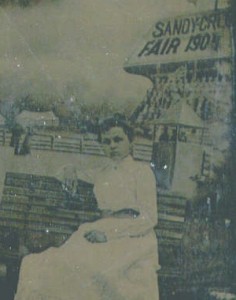The genetic genealogy world is abuzz following a recent report in news outlets around the world (including CNN, Seattle PI, Daily Mail, etc) that investigators have used public genetic genealogy DNA databases for leads in a 20-year-old cold case.
The Case
In December 1991, 16-year-old Sarah Yarborough was tragically murdered in Federal Way, Washington. Despite an extensive investigation, no suspect has ever been named. Investigators have sketches of a man they believe might have been involved, but there is no name to put to the pictures.
Investigators did find some important evidence however: DNA left at the scene, possibly by Yarborough’s attacker.
The DNA
Late last year, investigators gave the DNA profile (apparently the Y-DNA profile) to California-based forensic consultant Colleen Fitzpatrick (who I’ve written about before here on TGG). Fitzpatrick, it appears, compared the Y-DNA profile to publicly-available Y-DNA databases, such as Ysearch, in an attempt to identify a potential match for the profile. After identifying potential matches, Fitzpatrick could then potentially identify the surname of the Y-DNA’s donor. For example, if all Bettingers have a particular Y-DNA profile and a sample Y-DNA profile closely matches that particular Y-DNA profile, then it is likely that the parties are either closely or distantly related (on a scale of 10s or 1000s of years), and they could potentially have the same surname.


